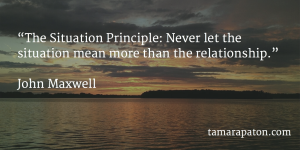

What I love most about board work may surprise you. Some directors enjoy sharing their expertise. Others crave learning opportunities in new fields. And let’s face it — many enjoy the status of the rubbing shoulders with the business elite.
For me, I love collaborating when no one is in charge. I love the creativity and discovery that arises from controlled chaos. And I love feeling a group’s momentum shift from confusion to clarity.
Board chairs often shepherd a group into this alignment by facilitating a vote. With a motion on the table, calling for raised hands can bring a discussion to a productive end. The voting mechanism is commonly mishandled, however, leading to disastrous outcomes. (Just ask David Cameron.)
As with many things, it all comes down to timing. Vote too soon, and a board overlooks helpful information. Vote too late, and inertia overtakes an otherwise productive dynamic.
When timed well, a vote emerges from a shared understanding. We may disagree on the best path ahead, but we do our best work when we seek a common view of the situation. Before your board next wrestles with a key issue, consider the following questions.
1. Does this question require a vote in the first place?
It’s tempting to bring every decision to a board for approval. But it’s worth asking whether the CEO and/or chair should make a call independently. An organization’s by-laws, terms of reference, and policy delineate which decisions must be put before directors. When possible (and not off-putting to others), consider sharing the result of a decision, full stop.
2. Have we adequately explored context?
Before making a decision, it’s helpful to share relevant information among decision makers. Ask questions about motivation and past history surrounding an issue. When possible, I think it’s best to vary the order in which directors pose their questions, so as to avoid having one director always close a discussion with his or her opinion.
As directors ask questions, new alternatives may emerge. Rushing to a vote may overlook the opportunity to tweak potential solutions and frame a complete set of possibilities. Worse still, doing so conceals potential implications of a decision. The resulting downside may surprise us when it’s too late.
3. How quickly does the board tend to act?
Some board cultures assume that directors arrive at meetings ready to make a call. Others do what one of my colleagues describes as “swirling”, talking at length about every marginally related aspect of a situation. As progress stalls, directors become annoyed and they often vent their frustration toward management’s handling of the issue, rather than the board’s own behaviour.
Your board likely falls somewhere in the middle. Wherever you are, knowing the group’s tendencies will help gauge the most appropriate time to propose a vote.
4. What do we want to be true on the other side of a decision?
When an issue appears straightforward at first glance, it’s tempting to make a call and move on. Doing so skips the important step of revealing our priorities and the criteria influencing our thinking.
For example, when a CEO recently put a question to one of my boards, I saw an opportunity to show respect for his judgment. The vote on a seemingly benign request offered an opportunity for directors to have his back. After all, why say “no” when we could say “yes?”
My colleagues didn’t agree with me. And in hindsight, I wish I had shared my support of the CEO’s leadership more explicitly. I don’t mind being on the losing side of the vote, but I regret not describing what I really wanted in the long run.
I’m all for smooth, efficient board meetings. In our quest for sticking to the agenda, however, we often gloss over game-changing nuance. Before casting my next vote, I’m going to pause and ensure that we are truly ready. I’ll feel more committed to the outcome and I’ll learn more about what makes my colleagues tick along the way.
Question: Does your board rush to decisions? Or succumb to inertia? How do you balance due diligence with agility?
Please share your thoughts via Twitter, LinkedIn or e-mail.
Thank you for reading! If you found this post useful, please click the “like” button on LinkedIn and/or share it with others in your network. Doing so helps my work reach others and would mean so much to me.










